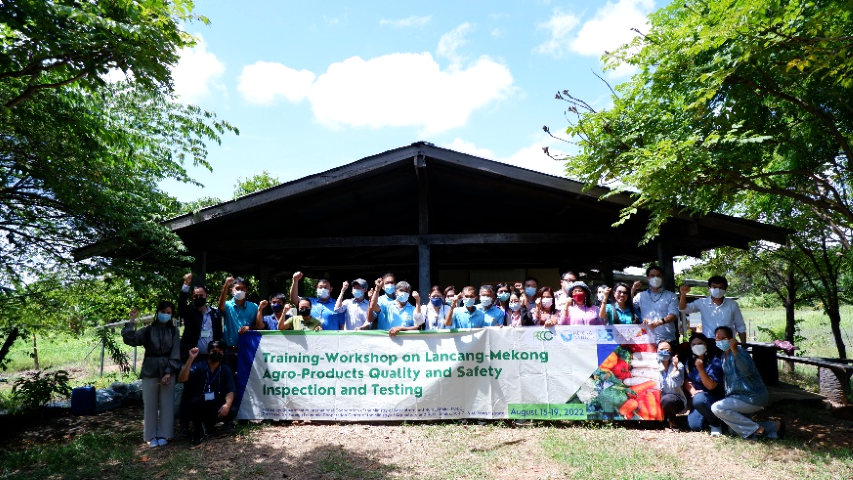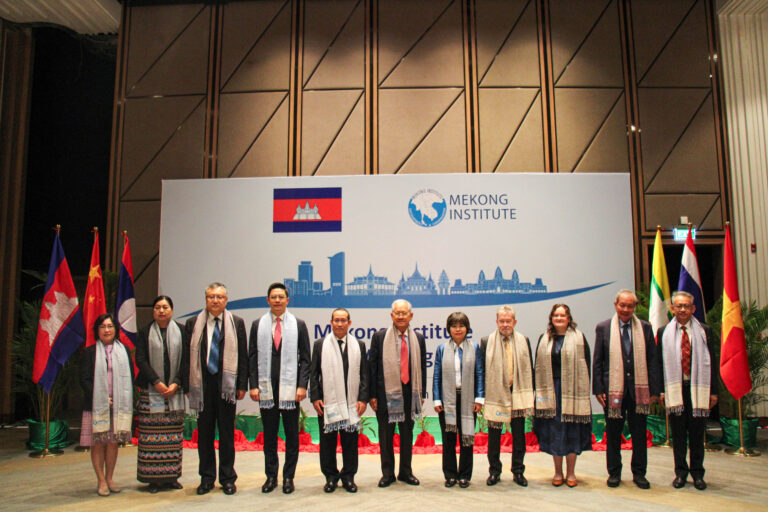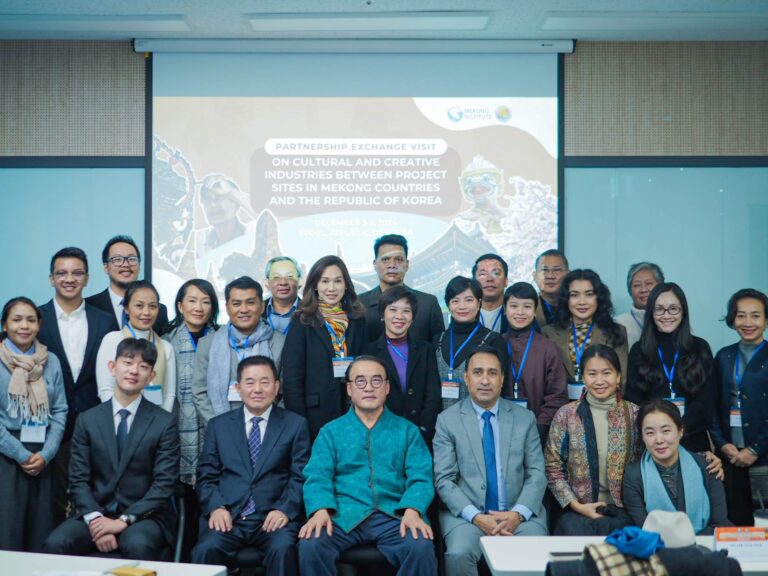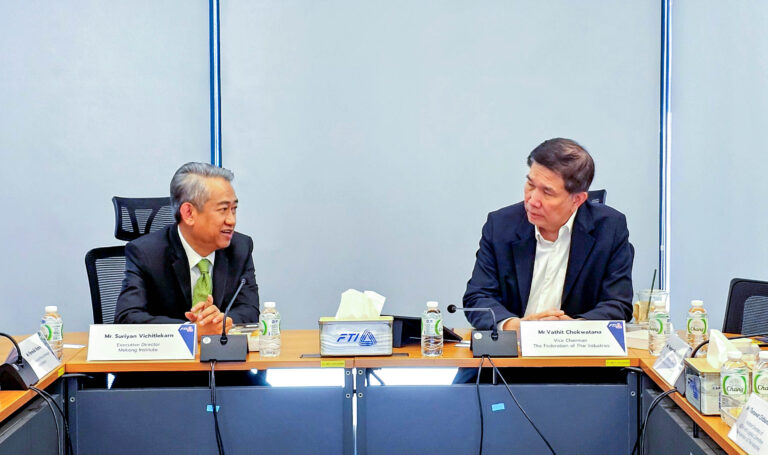The journey has not been easy as being certified for GAP entails many aspects ranging from site selection and land preparation to harvesting and handling,
he said.
Implementing GAP protocols is a basic requirement to meet international market demands for food safety standards. Farm owners have to apply for a GAP certification, a process undertaken by an independent certifying body to guarantee that production processes or products of farms meet GAP standards. Although GAP certification is voluntary, it is frequently required by buyers such as produce distributors and supermarkets. The certificate was made possible thanks to the Office of Agriculture Promotion and Office of Agriculture to which Sutee and his fellow mango growers usually turned to for advice.
Not feeling at all discouraged but rather enthused by the prospect, the group contacted the government officials frequently for clarification and advice and the officials sometimes would visit the orchards.
After a great deal of trial and error, the group was given the GAP certificate and the rest is history. To date, they have exported over 1,000 tons of mangoes.
Customers can be sure that these mangoes do not only taste good but are safe
said Sutee contentedly.
Things were very tough. We had mangoes ready for export but there were no orders,
said one of the members of the enterprise.
“So we turned to the domestic market.” Thanks to the Thai government, several promotional sales events were organized stimulating sales to Thai consumers.
Although the sales figures were much lower than before Covid-19, the orchard owners are optimistic that the worst is now over and are hopeful of the future as countries start opening up and trade resumes.
Recently, after 4 days of training as part of the “Lancang-Mekong Agro-Products Quality and Safety Inspection and Testing” course, a visit to the enterprise proved insightful for both online and onsite participants who heard about the enterprise’s journey and the GAP practice. The training workshop was attended by approximately 100 participants, mostly government officials from the departments of agriculture, agricultural extension, and agro-industry in Cambodia, P.R. China, Laos, Myanmar, Thailand and Vietnam, as well as representatives from agricultural academies, research institutes, agro-product quality and safety inspection and testing agencies and enterprises.
Through training and such learning visits, MI builds capacity, promotes good practices in agriculture and improves quality and safety of agricultural products.
Hosted by the Department of International Cooperation (DIC) of the Ministry of Agriculture and Rural Affairs (MARA), P.R.C., the training workshop ran from 15 – 19 August 2022. The overall aim was to increase understanding of international agro-products quality and safety standards system; enhance knowledge and technical capacity in agricultural certification, inspection, testing, and traceability; and establish an informal network for the promotion and development of food safety standards in the region.







